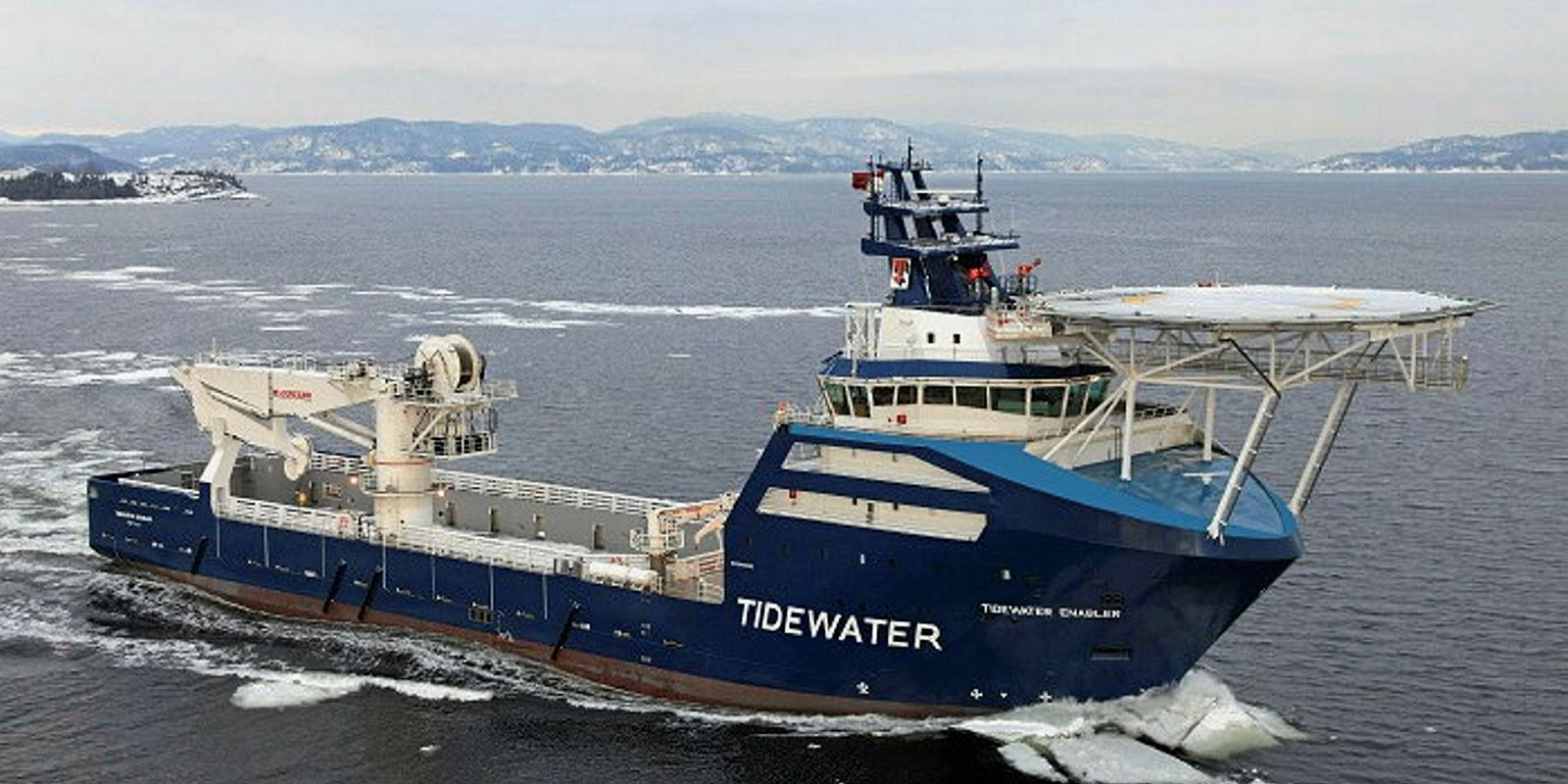The merger between US OSV players Tidewater and GulfMark Offshore provides a "good chance" for the industry to shed more unneeded ships.
VesselsValue head of offshore Charlie Hockless said the $1.25bn deal is positive for a struggling sector.
"With Tidewater’s steadfast and unyielding attitude towards the scrapping of non-performing vessels, this is a good chance for the market to reduce some of its oversupply," he added.
"Hopefully with this new entity taking the lead, other market players might follow suit."
Hockless said consolidation in today’s market only works if lenders are willing to take haircuts and provide an opportunity for companies to start afresh with a clean balance sheet.
In the case of Solstad Offshore, which subsumed Deep Sea Supply, Farstad Shipping and Rem Offshore, it undertook restructuring and consolidation as well, he added.
"However, without a clean balance sheet, problems are only going to resurface further down the road," Hockless said.
"Bourbon is another major player who have struggled to service their debt and are actively looking for financiers. Kicking the can down the road is not a viable option in this market."
The deal, voted through on Thursday, created the world's biggest OSV fleet by number of ships - at 270. Bourbon is in second place.
The two companies announced their intention to combine in July. Both rebuffed merger offers from Harvey Gulf International Marine that valued GulfMark at $900m.




